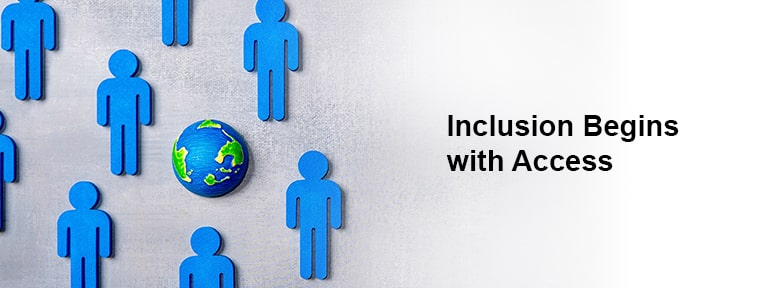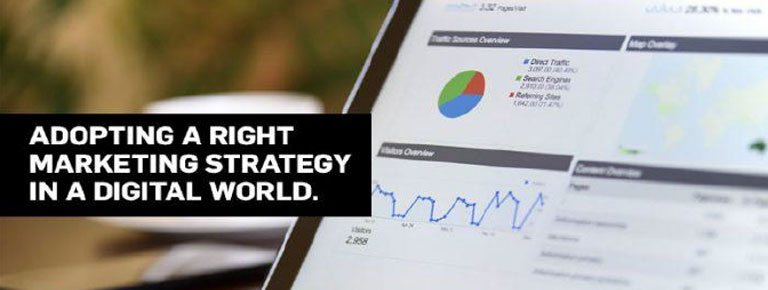
Empowering the Unbanked: Why Financial Inclusion Matters This World Population Day
Posted on Thursday, July 10th, 2025 | By IndusInd Bank
Ever tried living without a bank account? No safe place to keep your money, no easy way to send or receive payments, and no access to credit when life throws a curveball. For over a billion people, that’s not just a rough patch. It’s their everyday reality.
This World Population Day, let’s pause for a moment. Not just to count people, but to consider what those numbers really mean. Behind every statistic is a story, and many of those stories involve people who are still excluded from the formal financial system.
So, What Is World Population Day All About?
Started by the United Nations back in 1989, World Population Day is meant to get us thinking about the challenges and opportunities that come with a growing global population. It’s a day to talk about things like healthcare, education, housing, and jobs, especially in places where communities are expanding fast.
And this year, with the global population now over 8 billion, one issue stands out: access to basic financial services. Because let’s face it, if you’re not part of the financial system, you’re often left out of much more than just banking.
Who Are the Unbanked, and Why Does It Still Happen?
The “unbanked” are people who don’t have a bank account. Then there are the “underbanked,” folks who technically have one, but rarely use it because it’s just not practical.
So, who are we talking about?
- People in remote or rural areas
- Women who lack formal ID or documentation
- Migrant workers, gig economy earners, and daily wage laborers
- Families with limited internet access or low financial literacy
And why are they excluded? It’s not just one thing. Sometimes it’s a lack of trust in banks. Sometimes it’s the distance to the nearest branch. Other times, it’s simply not knowing how to get started or not speaking the language used by financial institutions.
Also Read: Guru Purnima 2025: Celebrating the Financial Mentors Who Guide Our Futures
Why Financial Inclusion Changes Everything?
Let’s be clear: financial inclusion isn’t just about convenience. It’s about creating opportunity.
When people can save safely, borrow when needed, and manage financial risks, they’re better equipped to:
- Start or grow a small business
- Pay for school or medical care
- Handle emergencies without falling into debt
And it doesn’t stop there. Communities become stronger. Governments can deliver support more efficiently. And people gain a sense of control over their financial future.
Studies have shown that financially included populations bounce back faster during crises. That’s not just good economics. It’s good humanity.
The Humble Savings Account: A Gateway to Inclusion
At the heart of financial inclusion is something simple: a savings account.
It’s not just a place to stash money. It’s a tool that can:
- Help families manage their monthly budgets
- Provide a cushion for unexpected expenses
- Open doors to insurance, credit, and government benefits
Take India’s Pradhan Mantri Jan Dhan Yojana, for example. By offering zero-balance accounts and easy onboarding, it’s helped millions join the formal financial system. And similar efforts are underway in other countries too, through mobile banking, community outreach, and digital ID programs.
What’s Next? Building Bridges, Not Just Systems
Financial inclusion doesn’t happen with a single app or policy. It takes teamwork: banks, governments, communities, and individuals all have a role to play.
Here’s what can make a real difference:
- Financial literacy programs that explain not just how to use financial tools, but why they matter
- Simple, intuitive digital platforms designed for first-time users
- Banks showing up in communities, not just to sell, but to listen and build trust
Because when people feel seen and supported, they’re more likely to take that first step. And they’re more likely to keep going.
Final Thoughts
This World Population Day, let’s remember: every number represents a person. And every person deserves the tools to shape their own future.
Financial inclusion isn’t just about access. It’s about dignity, opportunity, and hope. If we want a world where everyone moves forward, we need to make sure no one is left behind. Not in education. Not in healthcare. And definitely not in finance.
Because when everyone counts, everyone thrives.



 Offers
Offers Rates
Rates Debit Card Related
Debit Card Related Credit Card Related
Credit Card Related Manage Mandate(s)
Manage Mandate(s) Get Mini Statement
Get Mini Statement
 categories
categories Bloggers
Bloggers Blog collection
Blog collection Press Release
Press Release


